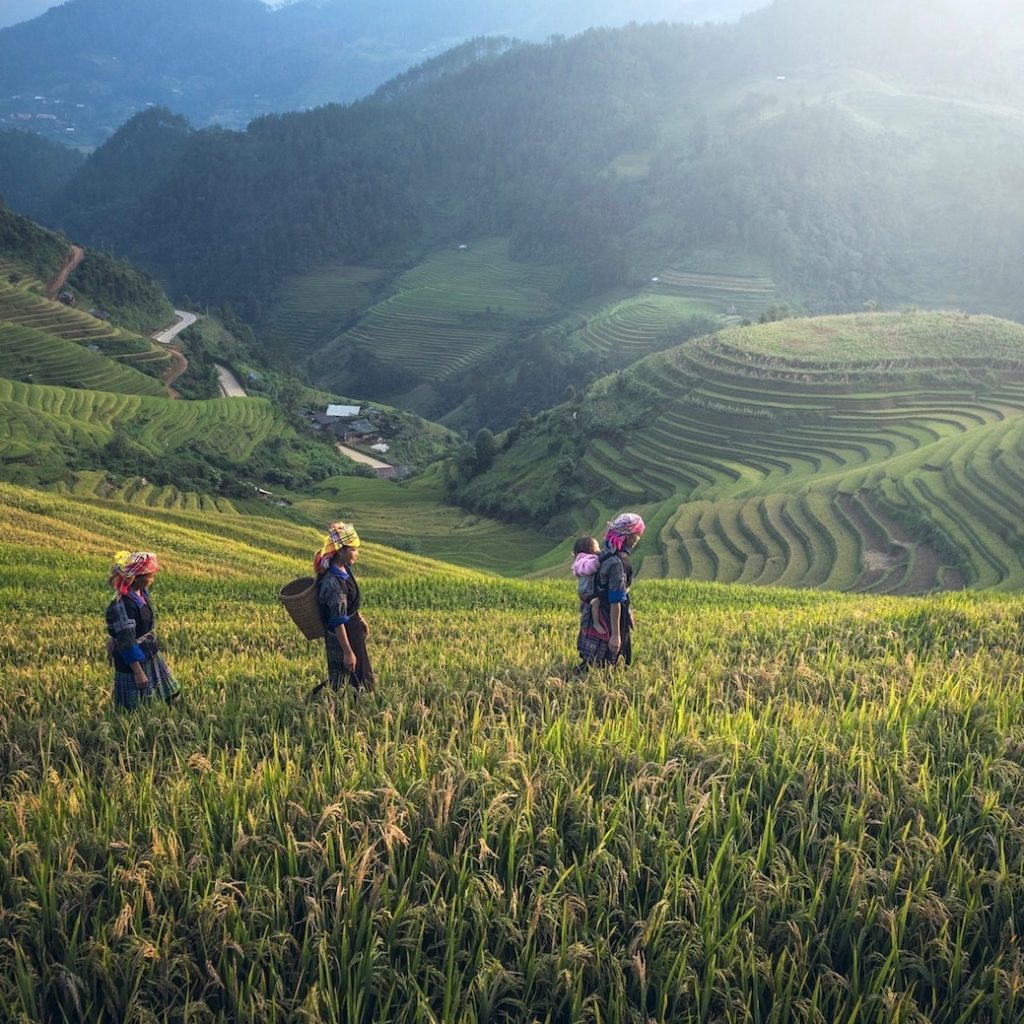Uncategorized
Choose Organic for a healthier you and happier planet
In this blog we're talking all things organic and why choosing to buy certified organic tea and produce is not only much better for your health but that of the planet too.
What it means to be Certified Organic:
When you buy a certified organic product you can have peace of mind that it has been grown or manufactured without the use of damaging synthetic chemicals such as pesticides, fungicides or herbicides, hormones or antibiotics. Certified organic products will not contain any nasty food additives and must be GMO-free. Certified organic livestock must be pasture-fed and allowed to roam freely. Animals must be treated humanly and given a quality of life that allows them to perform all of their natural functions. This means no caged chickens or pigs kept in sow stalls. Certified organic cattle are to be bread using natural methods, and weaned in a natural stress free way that allows for the needs of mother and their young. Live export is also prohibited.
Choosing to buy certified organic food means that you can feel rest assured that your not going to end up with any hidden nasties on your dinner plate that could be potentially harmful to your health and that of your family.
Certified organic V's Organic:
Unfortunately the term 'organic' is not currently regulated under Australian law which means that any company or product can claim to be organic. This is why it is so important to always look for the 'certified organic' logo (eg. the ACO bud logo) on products to ensure the organic integrity of your product.
When people choose to buy products with a certified organic logo like the Australian Certified Organic (ACO) bud logo they are protected by consumer laws. ACO is the most respected, strictest and most thorough food regulatory program here in Australia and internationally and Bodhi Organic Tea conforms to their rigorous standards and policies.
ACO routinely and randomly audit and test companies and products that use the bud logo. All ingredients whether they are sourced locally or imported must comply with the strict requirements of the Australian Certified Organic Standard.

Why you should always buy certified organic tea:
A recent 2014 Greenpeace report reveled the presence of a variety of pesticides found in non-organic teas grown and sold in India. (1) These teas are also exported around the world by major tea companies. WHO (World Health Organization) has classified a large percentage of these pesticides as moderately or highly hazardous, and some levels being above the recommended safe limits.
This is very concerning considering India supplies over 11% of the worlds tea exports, to countries including US, UK, Germany and Russia. Of all the tea samples taken, 34 different pesticides were found, with 23 of them being unregistered for use in tea cultivation in India. Nearly all samples contained at least one pesticide, and more than half contained more than 10 different pesticides. Alarmingly the long banned DDT was also detected in some samples.
These findings were similar to Greenpeace investigations in 2012 on high levels of pesticides found in non-organic Chinese tea. China is the largest producer of tea in the world and the biggest user of pesticides. Of all of the 18 samples taken from 9 popular Chinese tea brands, 29 different pesticides were detected. All of them were found to have at least 3 different types of pesticides, 12 of them had traces of banned pesticides – that have been associated with infertility, and birth defects, and six of the samples contained more than 10 different kinds of pesticides. (2)
Excessive pesticide use greatly damages the tea plantation environment with a large percentage of these toxic pesticides ending-up polluting the air, soil and water. The health of the tea workers is also put at risk as they are coming in contact with these dangerous chemicals on a regular basis. Then not to mention tea consumers who unknowingly are ingesting traces of these damaging chemicals in their daily cup of tea.
Choosing certified organic tea is much better for your health, for the safety of tea plantation workers, and for the environment. Organic farmers work in harmony with nature, using environmentally friendly, chemical-free techniques to grow and process their teas. Instead of using harmful chemicals, organic farmers use natural and traditional methods of weed and pest control, which help preserve the quality of the soil and nearby waterways, and surrounding ecosystem, to produce clean, healthy, chemical-free tea.
If more people choose to buy organic tea and produce more farmers will be encouraged to grow it, which means less toxic chemicals on and in our tea and food and less harm to the earth. It's a win win for everyone!
References:
(1) GreenPeace. Trouble brewing, pesticide residues in tea samples from India. 2014.
(2) GreenPeace. Pesticides: Hidden Ingredients in Chinese Tea. 2012.

